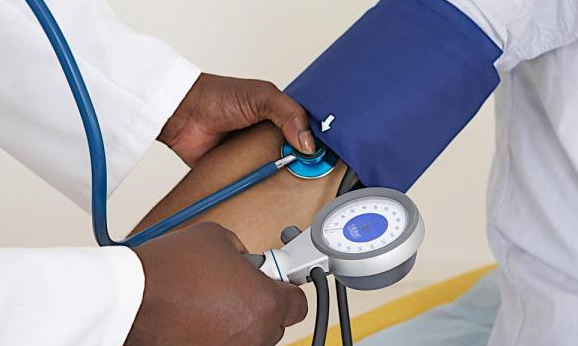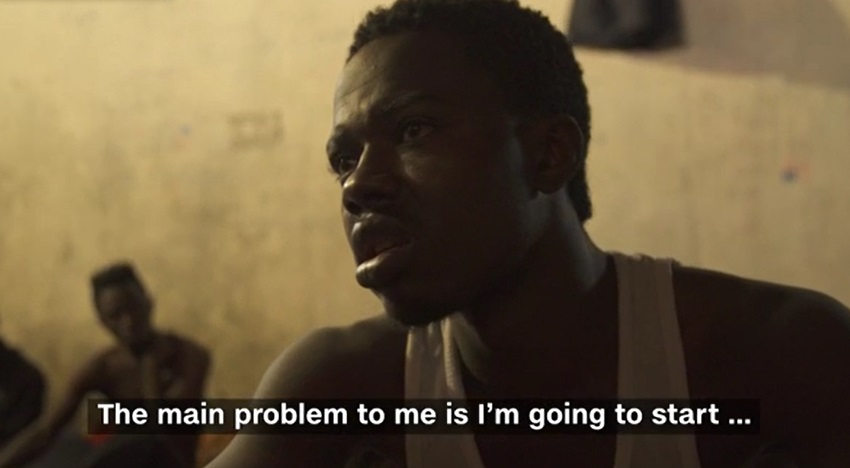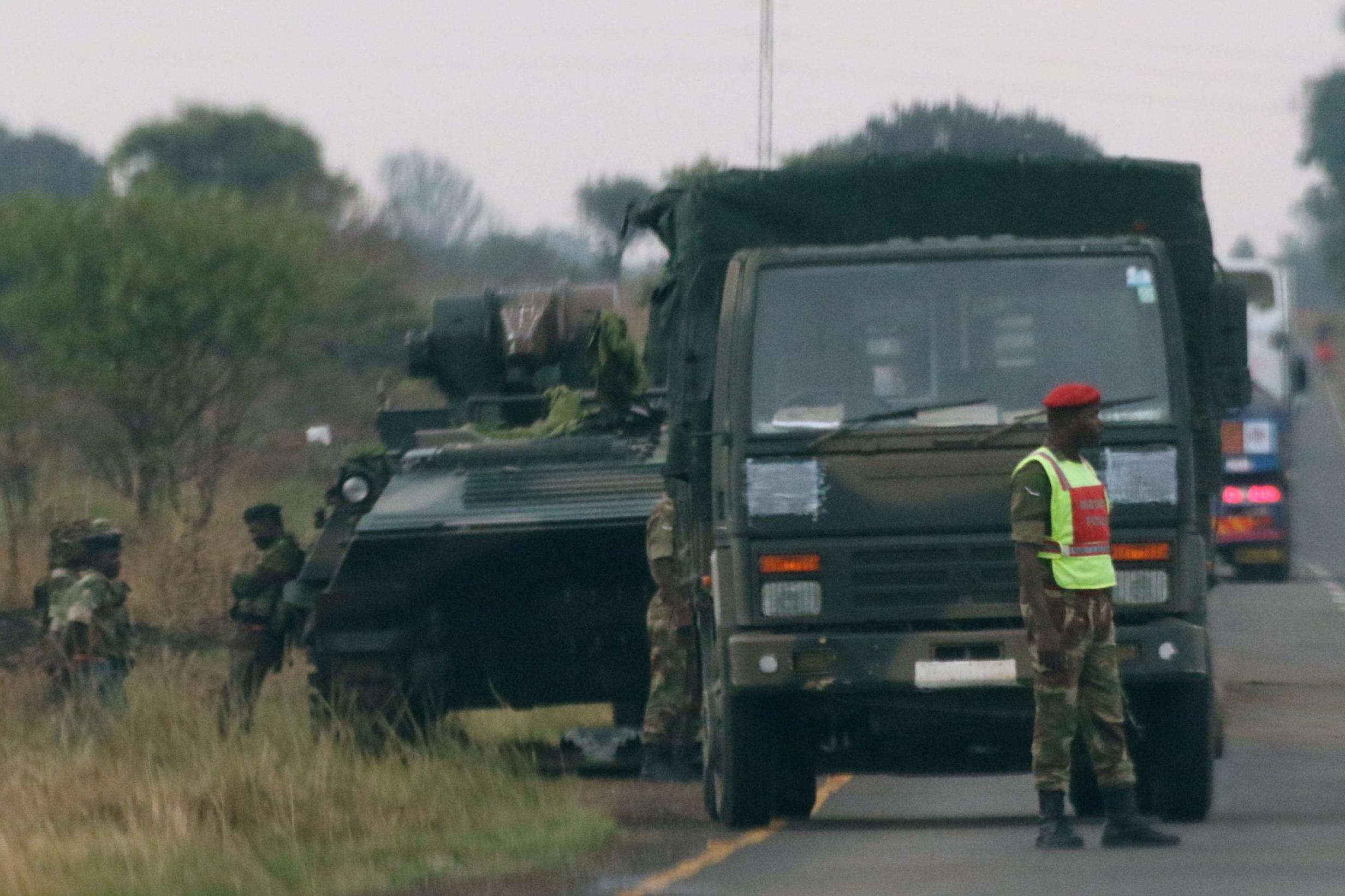With the high blood pressure threshold being dropped from 140/90 to 130/80 in advanced countries following studies on cardiovascular health, Nigeria will conduct its STEP survey in 2018, TheCable can report.
The country last conducted a STEP survey in 2001.
The WHO STEPwise approach to Surveillance (STEPS) is a simple, standardised method for collecting, analysing and disseminating data in World Health Organisation (WHO) member countries.
On World Hypertension Day 2017, experts said about 45% of Nigerian adults — nearly half of the adult population — were at different stages of hypertension, but this was based on the old threshold.
Advertisement
The figure is expected to rise after the step survey, which will cover hypertension, diabetes mellitus and sickle cell disease.
WHAT IS HIGH BLOOD PRESSURE?
- Blood pressure is the force exerted by the blood against the walls of the blood vessels. How great the pressure is depends on the work being done by the heart and the resistance of the blood vessels. High blood pressure often has no symptoms (it is called “the silent killer”) and can cause heart attacks, strokes and sudden deaths. Many sufferers suddenly slump and die or die during sleep. Read more
Isaac Adewole, a professor and minister of health, told TheCable on Tuesday that the ministry is aware of the new developments across the world.
“We are planning a STEPS survey to determine of burden hypertension, diabetes mellitus and sickle cell disease in Nigeria. It is in our 2018 proposal. The last survey was in 2001,” he said.
Advertisement
But American Heart Association on Monday changed the definition of hypertension by reviewing the measurement downward to 130/80 mmHg.
Since 1993, the upper threshold has been 140, but a major study in 2015 found heart risks were much lower in people who aimed for 120.
Canada and Australia lowered their threshold to 120.
Europe is still at 140 but is due to revise its own in 2018, but Nigeria maintains 140/90 in line with WHO guidelines which may also change soon in line with latest research findings.
Advertisement
Add a comment






